آل پاکستان جیمز اینڈ جیولرز ایسوسی ایشن کے مطابق آج سونے کی فی تولہ قیمت 2 ہزار روپے کی کمی کے بعد 3 لاکھ 53 ہزار روپے ہے۔ ایسوسی ایشن کے مطابق 10 گرام سونے کی قیمت 1714 روپے کم ہوکر 3 لاکھ 2 ہزار 641 روپے ہے۔ دوسری جانب عالمی بازار میں سونے کا بھاو 20 ڈالر کم ہوکر 3303 ڈالر فی اونساقرأ المزيد
آل پاکستان جیمز اینڈ جیولرز ایسوسی ایشن کے مطابق آج سونے کی فی تولہ قیمت 2 ہزار روپے کی کمی کے بعد 3 لاکھ 53 ہزار روپے ہے۔
ایسوسی ایشن کے مطابق 10 گرام سونے کی قیمت 1714 روپے کم ہوکر 3 لاکھ 2 ہزار 641 روپے ہے۔
دوسری جانب عالمی بازار میں سونے کا بھاو 20 ڈالر کم ہوکر 3303 ڈالر فی اونس ہے
قراءة أقل


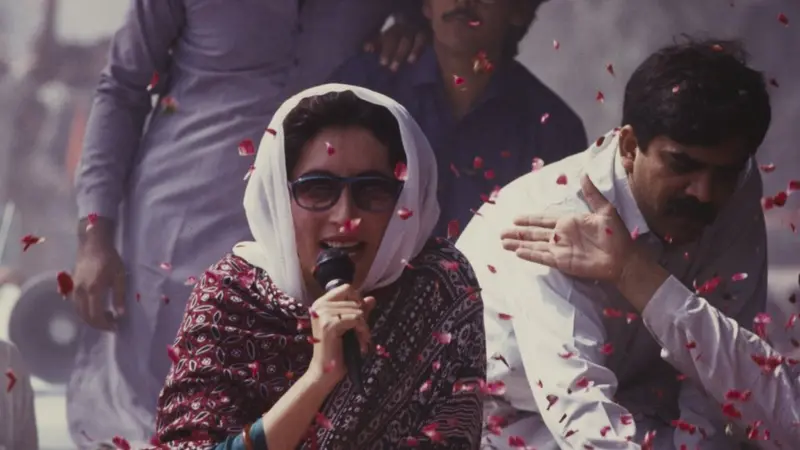

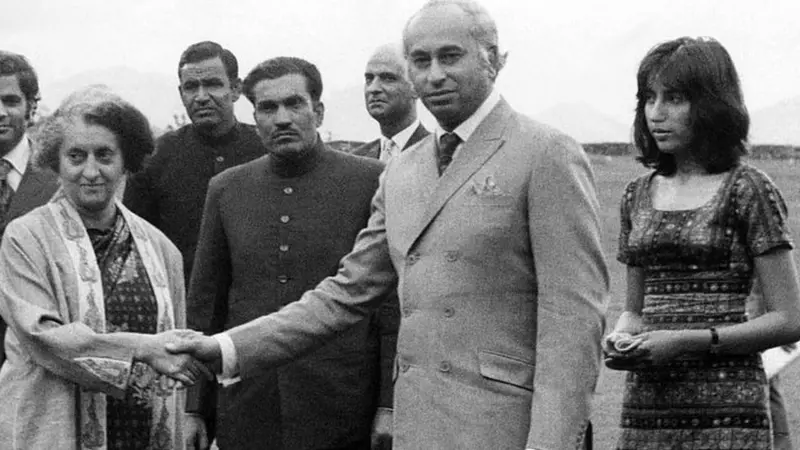
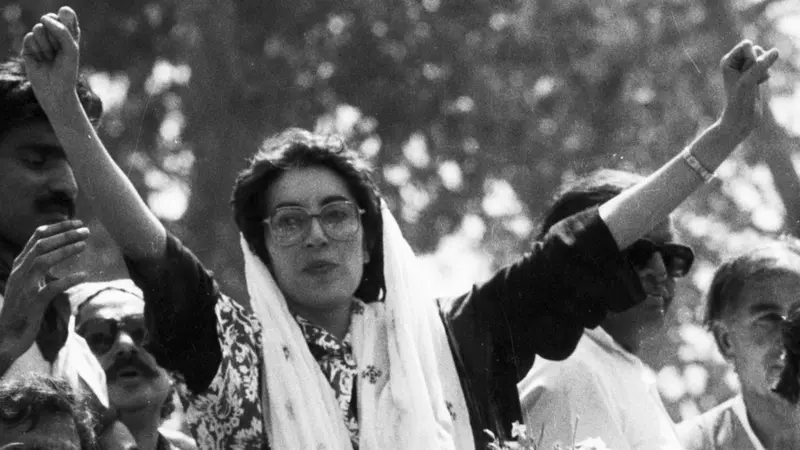
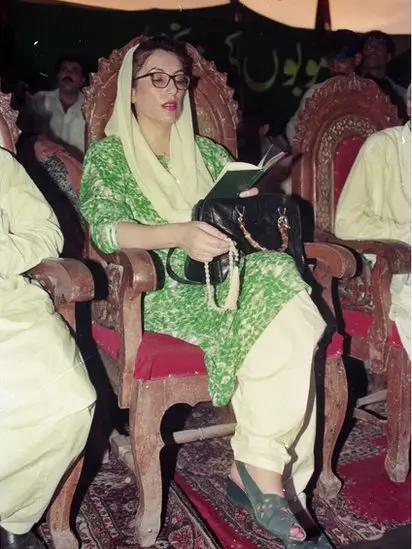


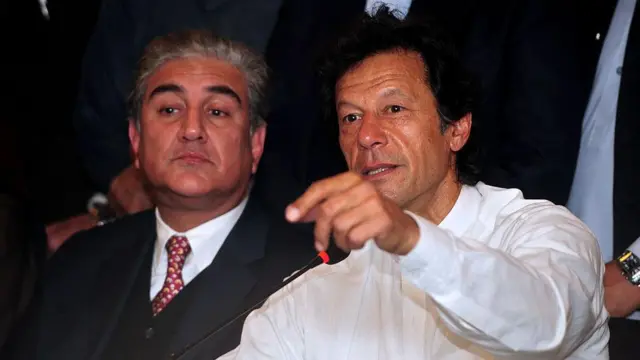



Here’s what President Trump appears to be pressing Prime Minister Modi for—across three flashpoints: 🔥 1. Pressure to stop buying Russian oil or face punitive tariffs Trump has explicitly demanded that India cease its imports of discounted Russian crude, which now constitutes about one‑third of Indiاقرأ المزيد
Here’s what President Trump appears to be pressing Prime Minister Modi for—across three flashpoints:
🔥 1. Pressure to stop buying Russian oil or face punitive tariffs
Trump has explicitly demanded that India cease its imports of discounted Russian crude, which now constitutes about one‑third of India’s oil supply. He has threatened a 25% tariff on Indian goods, along with unspecified further penalties if India continues this trade. He accuses India of indirectly supporting Russia’s war in Ukraine and of profiting from reselling Russian oil, claiming this undermines Western sanctions (The Guardian, Financial Times).
India has rejected the pressure, pointing out what it calls hypocrisy from the U.S. and EU, which also continue Russian energy imports, and stressing its energy choices reflect strategic autonomy and necessity for economic stability (India Today).
🤝 2. Recognition for purported role in the India–Pakistan ceasefire
Trump has repeatedly claimed he brokered or influenced the May 2025 ceasefire between India and Pakistan through trade diplomacy—saying, “I stopped the war … I said trade or not” (The Indian Express).
However, Prime Minister Modi firmly denies any such mediation. According to New Delhi, no talks on trade or third‑party mediation took place during the conflict. Modi stressed that any ceasefire emerged from direct military communication between India and Pakistan and not U.S. involvement (South China Morning Post).
📦 3. Trade concessions from India in exchange for resolution or recognition
Trump appears to be linking broader India–U.S. trade negotiations with the India–Pakistan conflict. Analysts suggest he’s attempting to extract symbolic or substantive concessions from India—such as market access for U.S. agricultural and pharmaceutical goods—by leveraging his claims of ceasefire mediation as political capital (The Wall Street Journal).
He also signals support for Pakistani energy and trade deals, raising concerns in India over a potential U.S. tilt toward Islamabad (AP News, Wikipedia, washingtonpost.com).
🧭 Bottom line: What Trump wants from Modi
⚠️ Implications for India
Let me know if you’d like deeper insight into how Modi’s administration is responding or how these developments might affect regional strategic dynamics.
قراءة أقل